All in all the four month I spend in Fiesole at this truly inspiring and unique place have been an amazing experience professionally and personally.
Professionally, the exchange at the EUI with various communities of researchers has helped me a lot to narrow and cut down my research into more doable pieces. The comments I received in different contexts and formats at the EUI have been very valuable. More than that, the place and the people inspired me to follow up on new projects and establishn new collaborations.
I tried to make use of the fact that in terms of my research topics there was not really a clear affiliation to one research group through engaging with various research groups and disciplines at the EUI. During my last weeks I presented my research in the COSMOS group on social movements, in the International Relations working group, the Middle Eastern working group and the Europe in the World seminar series at the Robert Schumann Center. Engaging with researchers stemming from different dsciplinary backgrounds that confront my work from different angles was a truly unique and inspiring experience for me. To some degree the commonalities of the comments have led to major reformulations and a more specific focus of my disseration project on authoritarian learning processes. With regards to the two papers I presented in the working groups, the discussions really helped me to see the weaknesses and the blind spots and was hence very helpful.
Personally, during my time at the EUI I have gotten to know so many lovely people that leaving now feels actually kind of wrong. The christmas festivities during the last week with the EUIs christmas party and the many dinners with groups of friends towards the end of the semester did not contribute to make leaving this place any easier either. However of course no goodbye is everlasting. As I have been ‘recruited’ to play in the EUIs yearly football tournament in June –the famous Copa Pavone– I will return for that occasion and hope to see many familiar faces around.
Surely the picture perfect sunsets, the city that is basically an open air museum and the sorrounding green hills of tuscany have also made the last few months an amazing experience. No doubt I will miss the dolce vita and the italian lifestyle with the passion for good food, coffee and wine.
During my last week there was again an interesting conference at the EUI organized by the Robert Schumann Center, which was dealing with the transformation of borders in the MENA Region. It was a very diverse and interdisciplinary group of scholars, discussing the various dimensions of transformation of border regimes and boarders in the wider Region. Researchers from IR & political science, middle eastern studies, geography and anthropology to country experts were participating. The different angles on the topic were eminent also at the roundtable concluding the conference. There was a lot of references to the respective personal or case specific experiences and issues that were important to the scholars themselves in their work.
However there were also some more general trends and commonalities that emerged: At least some borders in the MENA Region are more permeable then they have been in decades. The declining ability of some states to control their borders oftentimes goes hand in hand with the inability to uphold the monopoly of violence across their territory. The formal governments in Kabul, Damasscus, Baghdad, Sanaa or Tripoli are domestically not much more than the majors of the respective capital due to the lack of control over the countries territory.
Often with external support from other states or the US and the EU the states in the region try to regain control over their borders forcefully. Actor constellations on regional and local levels and the interplay with the national state level are thus increasingly important when we want to understand border dynamics in these countries.
At the same time as an extreme form of external involvement in some occasions trans- or international interference can change the nature of borders quickly. The best example for this are maybe the recent developments at the boarder between Syria and Iraq.
Furthermore the flow of refugees across borders creates new social realities in the border regions of Turkey, Jordan and Libanon. In that sense the crossing of people also transform the boarders themselves, due to the configuration of societies living on either side of them.
Naturally these issues just give a glimpse of what was discussed during the interesting conference
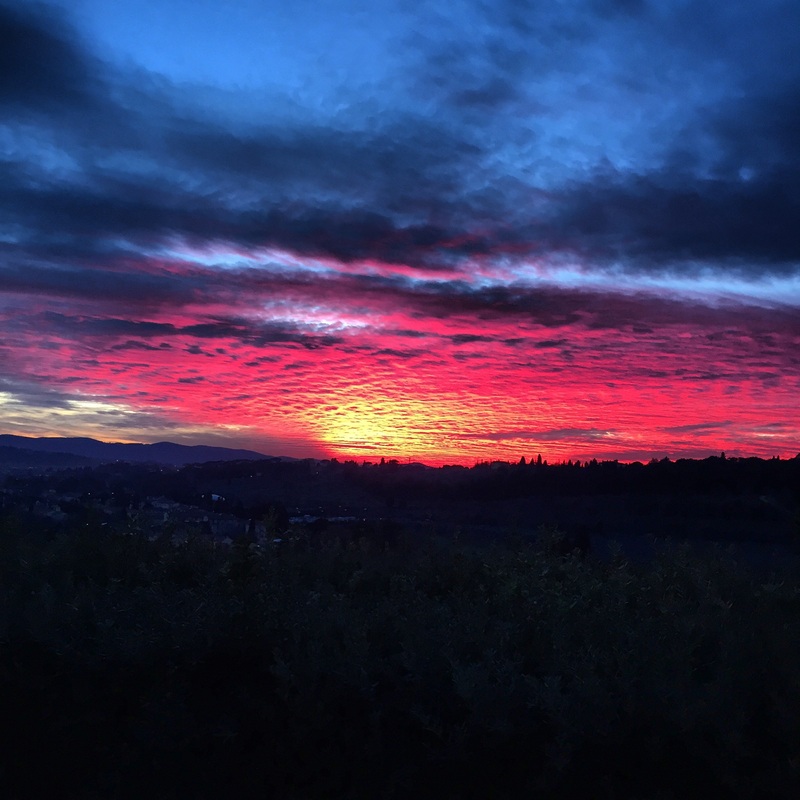
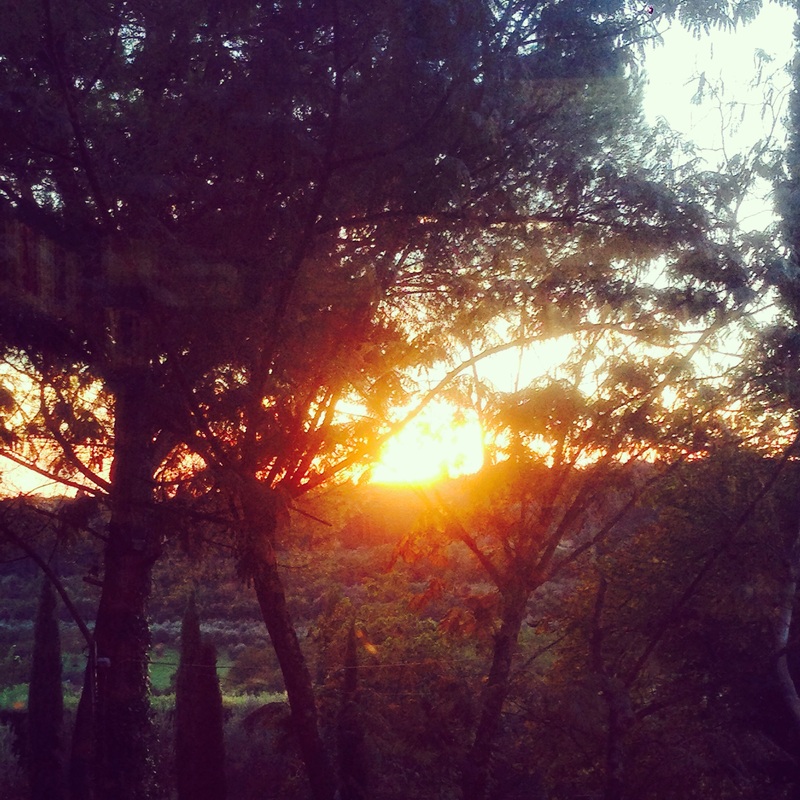

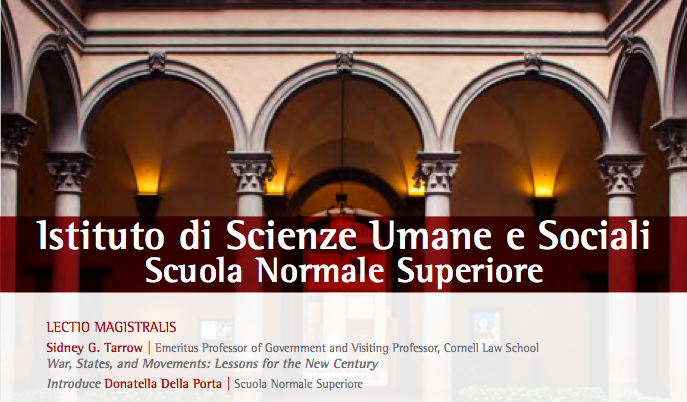
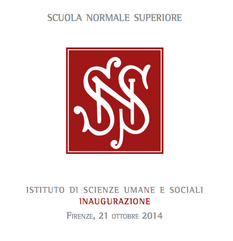
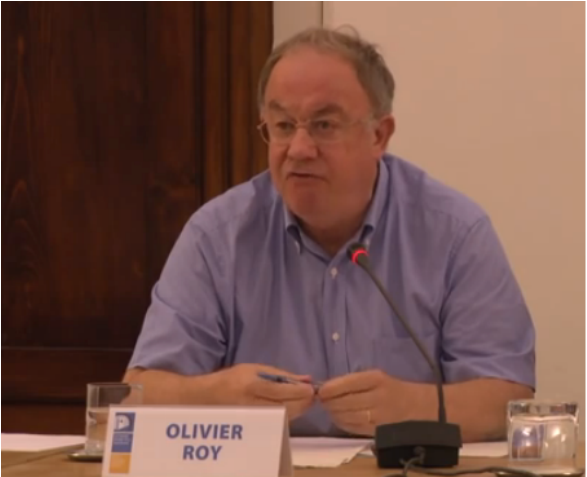
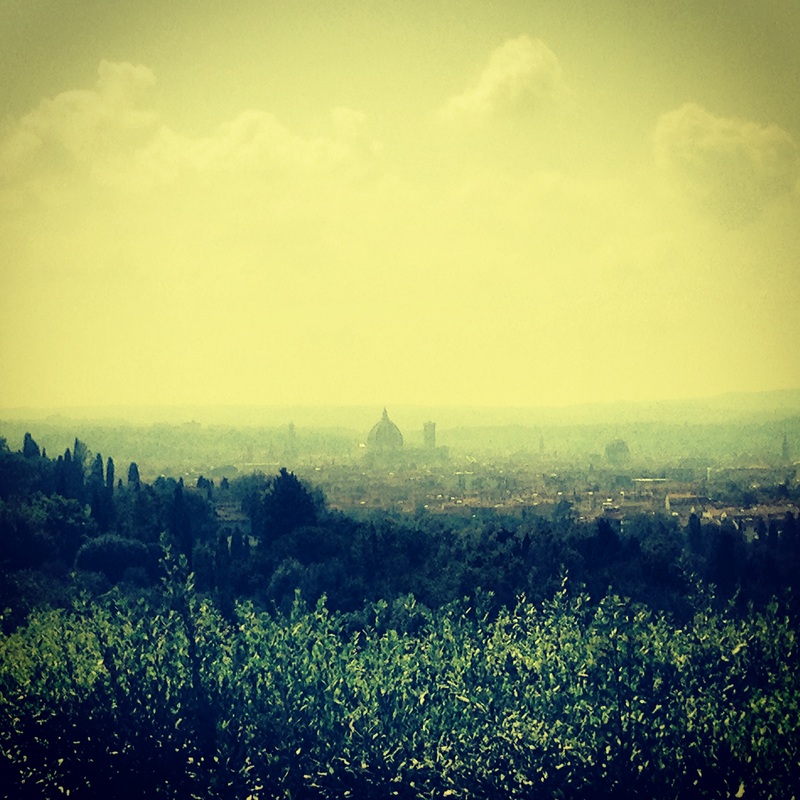
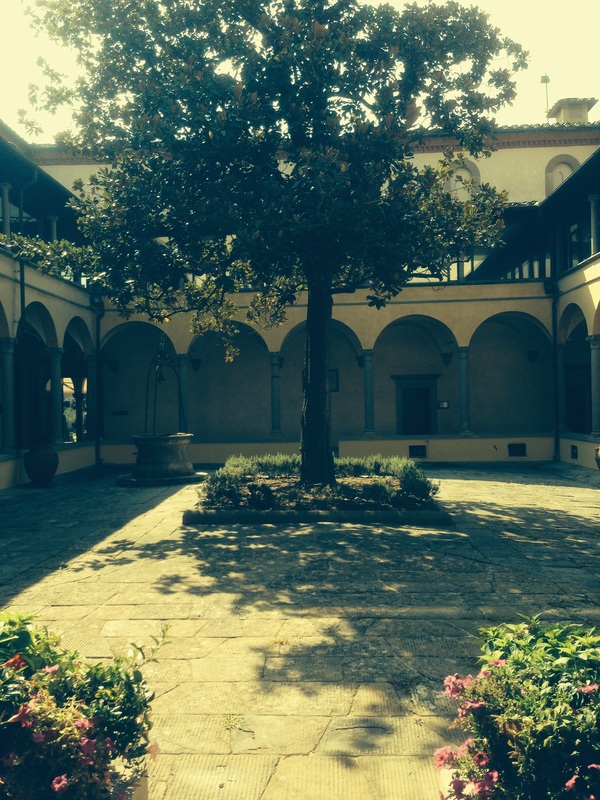
 RSS Feed
RSS Feed
